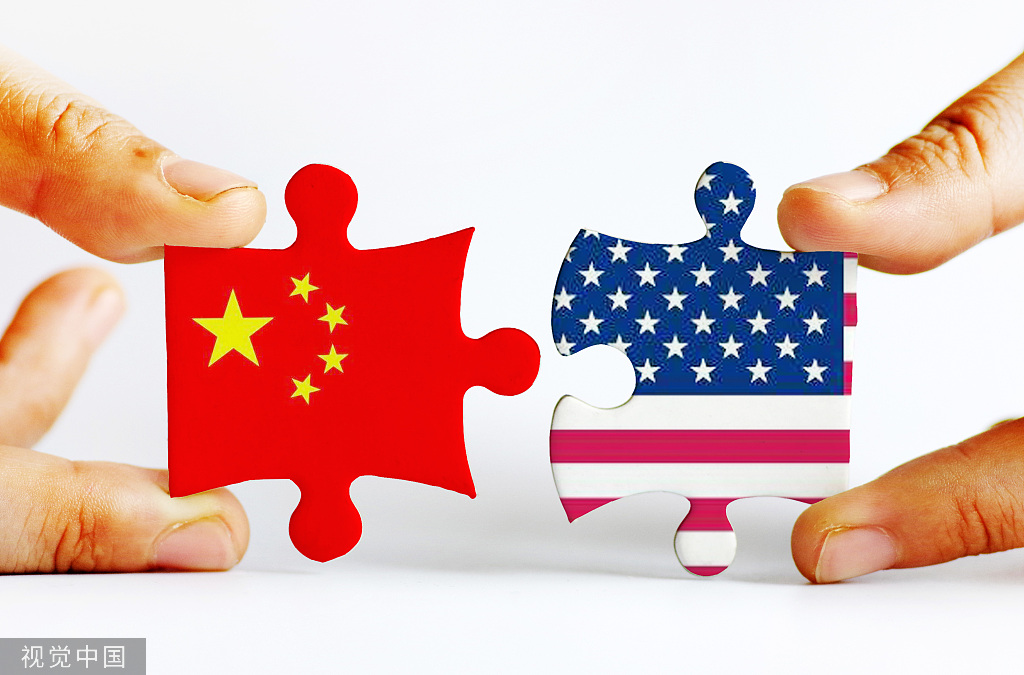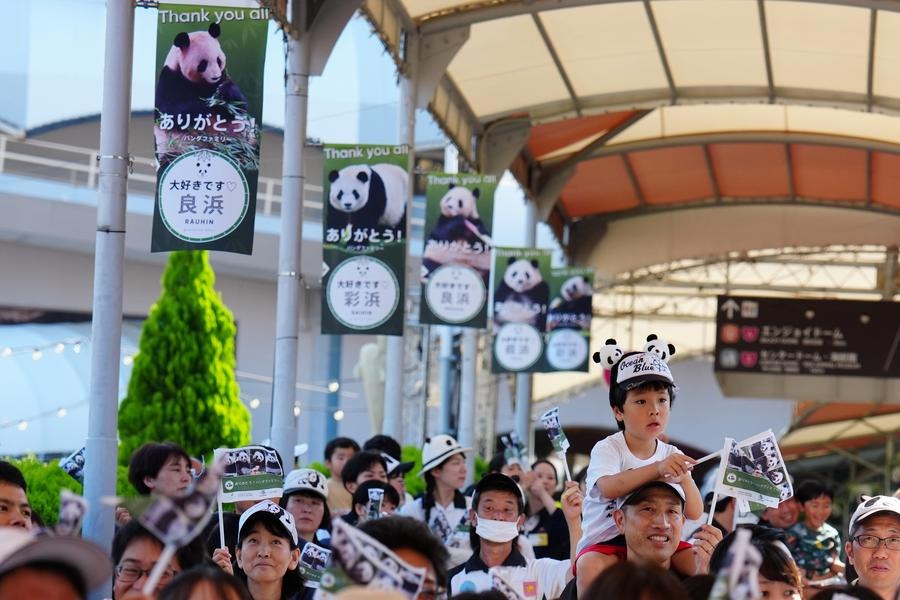US has ample room to move forward its relations with China, expert says


There exists ample room for the United States to move its relations with China forward, including working together to ramp up global inoculation against COVID-19 and cope with climate change, the president of the Brookings Institution said on Monday.
In what appeared to be his first public comments on US-China relations in the new year, John Allen, the head of the Washington-based think tank, said he continued to believe the "most consequential" relationship the US has is with China, and "the future of the 21st century will be our relationship with China".
Allen said that what concerned him is that "we seem to have chosen an overall policy of confrontation with China".
"I know a little about going to war, and when your policy is confrontational across the board, the distance from confrontation to conflict is pretty short," said Allen, a retired US Marine Corps four-star general.
"And once blood is drawn, it is very hard to walk back from that," he said.
There are plenty of places where the US can find a way to move forward with China that can be cooperative or collaborative, Allen said in a podcast which aired on Monday. "For example, we have got to vaccinate the entire surface of the planet."
Both the US and China have approved emergency use of COVID-19 vaccines.
The US is using the Pfizer-BioNTech vaccine, and another made by Moderna, and as of Monday, nearly 4.6 million shots had been dispensed, according to the US Centers for Disease Control and Prevention.
China approved the emergency use of COVID-19 vaccines in June, and by the end of November, more than 1.5 million doses had been distributed among people at high risk of infection.
The country granted conditional marketing authorization for the first COVID-19 vaccine in December, and by the end of the month, more than 3 million vaccine doses, developed by Chinese company Sinopharm, had been distributed among the key groups, according to the National Health Commission.
While the Pfizer and Moderna vaccines have been largely welcomed in the West, the shots require storage at ultracold or freezing temperatures, meaning logistical constraints.
The Sinopharm vaccines can be stored and delivered via the current cold-chain system, making it easier and cheaper for countries around the world to handle them.
"Here is an opportunity for the United States and China to exert leadership with our partners to find a way forward to vaccinate the planet and then to create a system of global medical surveillance that will preclude this from happening again," Allen said.

































